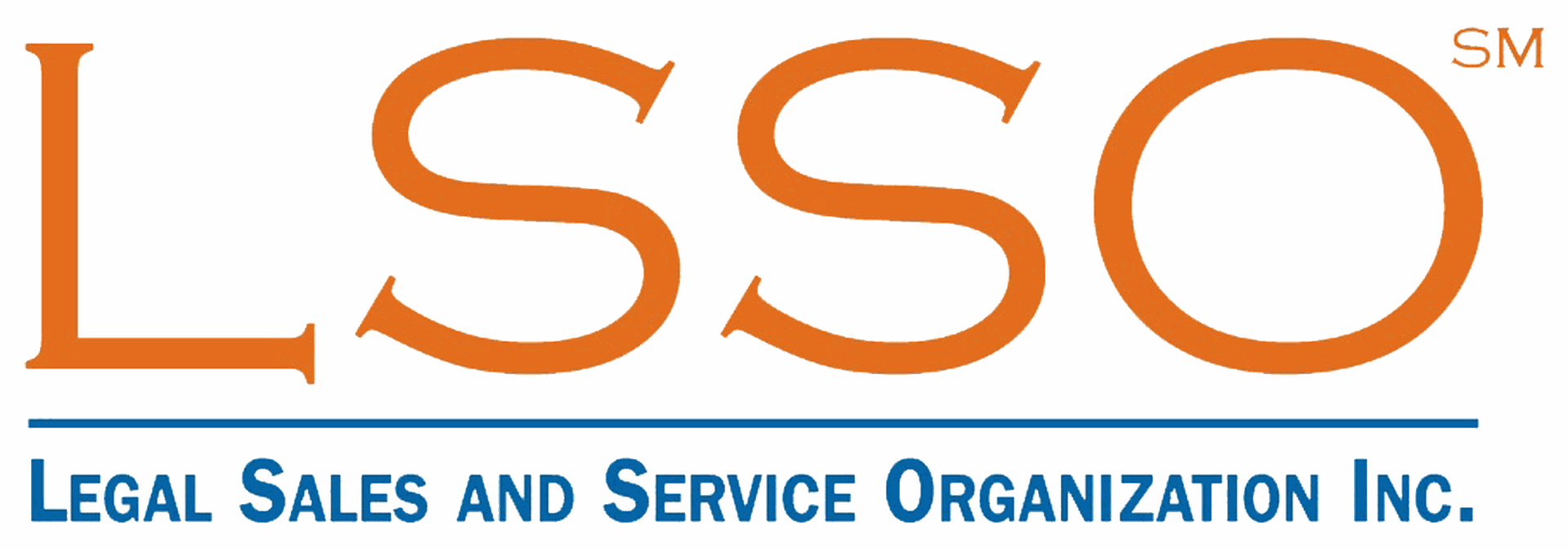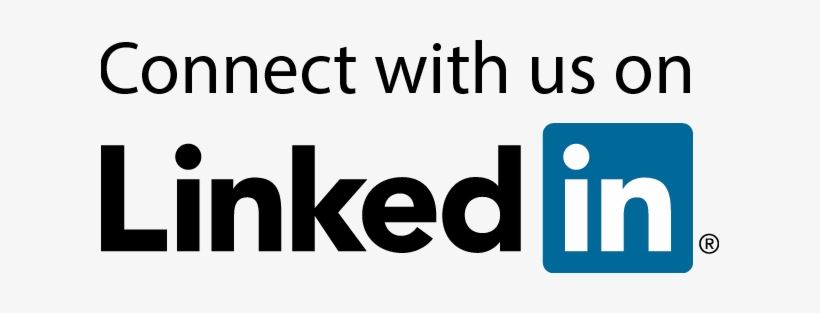By Rudy Gaines
As a Client Service Director shepherding business development in a law firm, you live for the moment when the business dinner that you’ve helped plan gets a little bit louder. You look around the table, and see everyone engaged in good conversations. There’s laughter, the foods good, the wines flowing and people who were strangers a half hour ago are talking like old friends. Having hosted a few that didn’t go so well, these are moments to be appreciated.
Client dinners are an integral part of the legal industry and they come in all shapes and sizes. Obviously if you have a great client with whom you have dinner frequently, there’s an ease about it, a familiarity which is a beautiful thing. The regular client dinner helps your relationship grow both professionally and personally, which leads to trust and longevity. But if you’re putting together a hosted dinner with new, or potential clients, the planning and execution can be nervous time fraught with peril.
Here are a few quick thoughts to help the planning of those dinners go more smoothly.
- Find the right spot. Just because a restaurant is expensive doesn’t mean it should automatically be the choice. In fact, if you go too high-end a potential client might be put off by your inattention to cost. Better to find a great eatery known for good food and wine, that’s geographically easy for your guests to get to. And make sure you go early and check out table and set up -- nobody likes to sit by the kitchen.
- Who’s on the list? If you’re having a number of guests, try to invite an eclectic mix of people who’ll be comfortable at a table. A good client is a smart choice to park right in the middle, someone who knows you and wants your dinner to turn out well. For guests that you know less-well, seat them beside someone who’ll be engaging and get them involved in the conversation. And make sure you’ve got names, titles and affiliations cold, so there’s no stumbling during introductions. A pre-dinner check on Linkedin might also yield connections between guests that can help ease conversations.
- Be a good host. Probably not your best idea to be stuck in a corner talking to one person all night. You might want to say a quick greeting to everyone after the wine is poured, thank them for coming, and offer a brief toast. If during the meal, you see a guest who’s between conversations, engage them. Or if the meal’s wrapping up, feel free to move around the table checking in with guests who may have been out of ear shot. Keep in mind that you are the social glue holding the dinner together, and it’s your job to make sure everyone walks away smiling.
- Unless there’s a mutual agreement that work will be discussed over dinner, avoid talking too heavily about business. Nobody likes getting pitched while they eat. If a potential client asks specific questions about your firm, obviously feel free to have that conversation. Just don’t let it dominate the evening. Strategically, you may want to seat a good client beside a potential client, especially if, when asked, they’re willing to brag on the firm. Nobody pitches your firm better than a happy client.
Client dinners can be difficult to plan, but they should never feel that way. There’s an Italian term, sprezzatura which essentially means making a hard thing look easy -- and a successful client dinner has sprezzatura written all over it. So, think of it this way, if you can throw a nice dinner party at home for friends, you can do the same at a restaurant for colleagues. Just remember to email your guests to thank them for coming. After all, it was your pleasure.
About the Author

Rudy Gaines, Client Service Director
Womble Bond Dickinson, USA
Rudy Gaines brings a unique voice to the legal industry. Working nationwide with attorneys at Womble Bond Dickinson, Rudy is often tasked with creating more interesting, vibrant and “natural” language for legal communications and relied upon for his alternative-to-the-norm problem solving.
Rudy grew up in the arts and spent many years as a screenwriter in Los Angeles before helping to start an IP investigation company which has grown into a major player in the patent and trademark fields. He’s used his dual experience in the arts and business as a tool for teaching story-telling, role-play, empathy and collaboration in the legal industry.
He coaches attorneys on business development, how to make better presentations, have more effective meetings, and to be active listeners in professional situations. Rudy is often asked to present at conferences on subjects as diverse as personal branding and EQ, emotional intelligence.
His distinctive, sometimes provocative POV has hinted at a transformative new pathway for attorneys to consider as they brace for future law.

